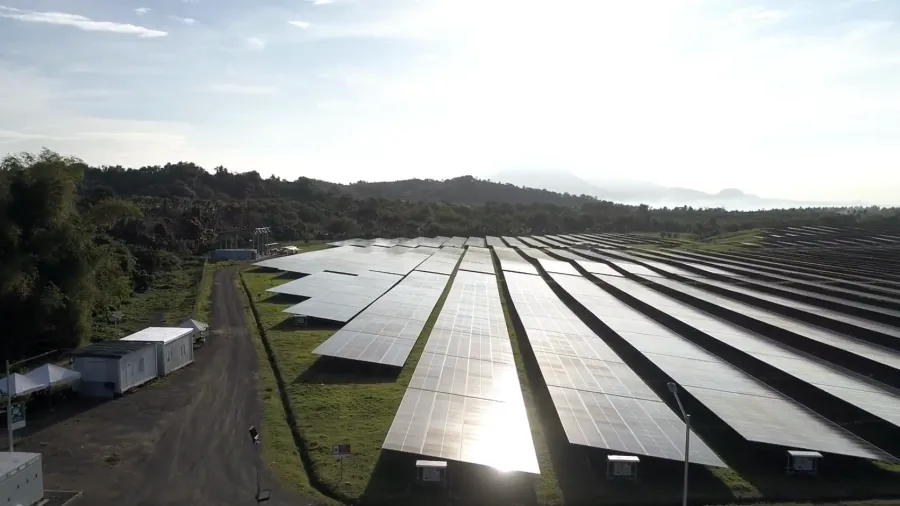
ACEN sets eyes on quadrupling renewables for cleaner energy by 2030
It is also seeing growth opportunities in other sectors such as energy storage.
PHILIPPINES-based ACEN has an ambitious target of reaching 20 gigawatts (GW) of renewable energy by 2030. Driven by its major markets, led by the Philippines, the Ayala group firm is confident of where it is right now in achieving its renewable energy goals.
“We have a pipeline of projects across all of these different countries that is more than 20 gigawatts even today,” Jonathan Back, group chief finance officer and group chief strategy officer at ACEN, told Asian Power in an interview. “I’m really quite confident that, if all the usual challenges that are involved in building large renewable projects can be overcome, we can get there.”
Back said 40% of its capacity by 2030 will still be in the Philippines, around 25% in Australia, and a number also in Vietnam, India, and Indonesia.
So far, ACEN has a total capacity of 4.8 GW, of which 65% is in full operation, and the rest either on partial operation or under construction. Around 40% of the projects are in the Philippines, 20% each in Australia and Vietnam, 12% in India, and smaller portions in Indonesia and the US.
The majority of its facilities, or 70%, are solar plants, and about 23% are wind plants, Back said.
Increasing capacity
Scaling up is ACEN’s battle cry towards 2030, plugging in different sources to achieve its goal, which includes the $150-m syndicated green term loan and revolving credit facility.
The company said this will fund how it blazes its trail across the Asia Pacific.
Back said this loan will be devoted to expanding the company’s international portfolio, including Australia and India which are ACEN’s two fastest-growing markets outside the Philippines.
In terms of this borrowing, Back explained that it is aimed at the corporate level, supporting an entire portfolio rather than a single project. He said ACEN is also eyeing more project-level financing which will allow the company to allocate the debt it raises to a particular project.
ACEN has announced the acquisition of secondary shares in its wholly-owned subsidiary Real Wind Energy, Inc., (RWEI), as well as the execution of its $1.25-m (PHP70-m) loan agreement with RWEI to fund the latter’s general corporate requirements in the province of Quezon in Luzon.
“This overall site, including the land that Real Wind Energy has access to, ultimately, this will scale up to become probably the largest cluster of wind farms in the whole of the Philippines,” Back said.
According to the executive, ACEN is developing a cluster of wind projects in Quezon Province. The first phase of this initiative, called the Quezon North Phase One, is expected to generate approximately 345 megawatts (MW) of electricity.
“You’ll eventually see hundreds of megawatts of wind being built under that subsidiary,” Back said.
ACEN is also exploring opportunities in providing clean energy solutions for companies such as its sister company, Globe. This will be the goal of the agreement the energy company signed with its subsidiary Belenos Energy Corporation for the subscription of redeemable preferred shares valued at $8.02m (PHP467.75m).
Whilst ACEN’s core business is utility-scale facilities, this project with Globe is an example of where renewable energy can be used “at almost as if it were micro level in order to power something like a cell phone tower,” said Back.
“Cell phone towers typically need to have backup generators. So rather than relying on diesel generators, as has been the case in the past, everybody would, and we, in particular in the group, would like to move to renewable solutions,” he added.
As a group, Back said ACEN also plans to replicate this effort to data centres that Globe is building.
“Globe is building a lot of data centres in the longer run. As a group, we would like to see those data centres be renewably powered, but the demand from data centres is so huge that that needs to come from utility-scale projects,” he noted.
What’s next for ACEN and RE in PH?
Whilst ACEN is focused on achieving its 2030 goal, Back said the company is also seeing opportunities in other fields, such as in energy storage.
“Ultimately, if renewable energy is to be the solution for countries like the Philippines, Australia and others, there has to be a significant build-out of energy storage, and that will take many forms,” he said.
“Batteries, I think, will be dominant in that solution set, but things like pumped hydro, even mechanical solutions, compressed air, even converting electricity into hydrogen and then using that hydrogen in a cove, in some in a co-firing gas turbine. Those are all going to be part of the solutions,” Back told Asian Power.
He stressed that ACEN is ready to participate in the Philippine-Department of Energy’s Green Energy Auction (GEA)-4 that will cover Integrated Renewable Energy and Energy Storage System.
Towards the end of the interview, Back remained steadfast and confident about the Philippines’ goal to achieve 35% renewable energy share by 2030.
But he underscored that in order for this to be realised, several factors must come together, such as political will, a pricing environment that is sufficiently rewarding for private sector players to participate in, and access to transmission to ensure delivery of electricity to consumers.
“When you put all these things together, yes, we think that the government’s vision can be achieved in 2030 but clearly those levers all need to be pulled into the right places,” Back said.
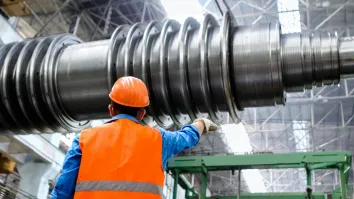
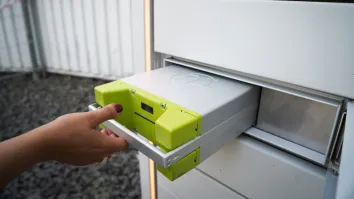
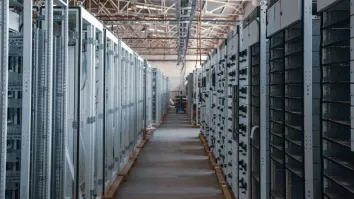
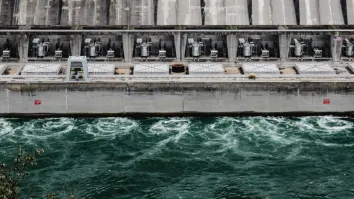













 Advertise
Advertise







